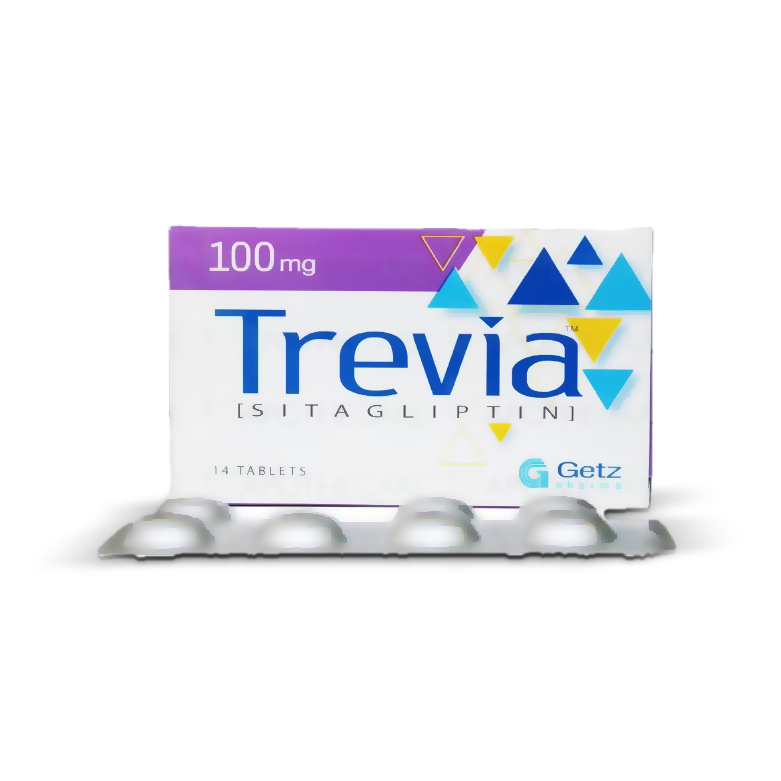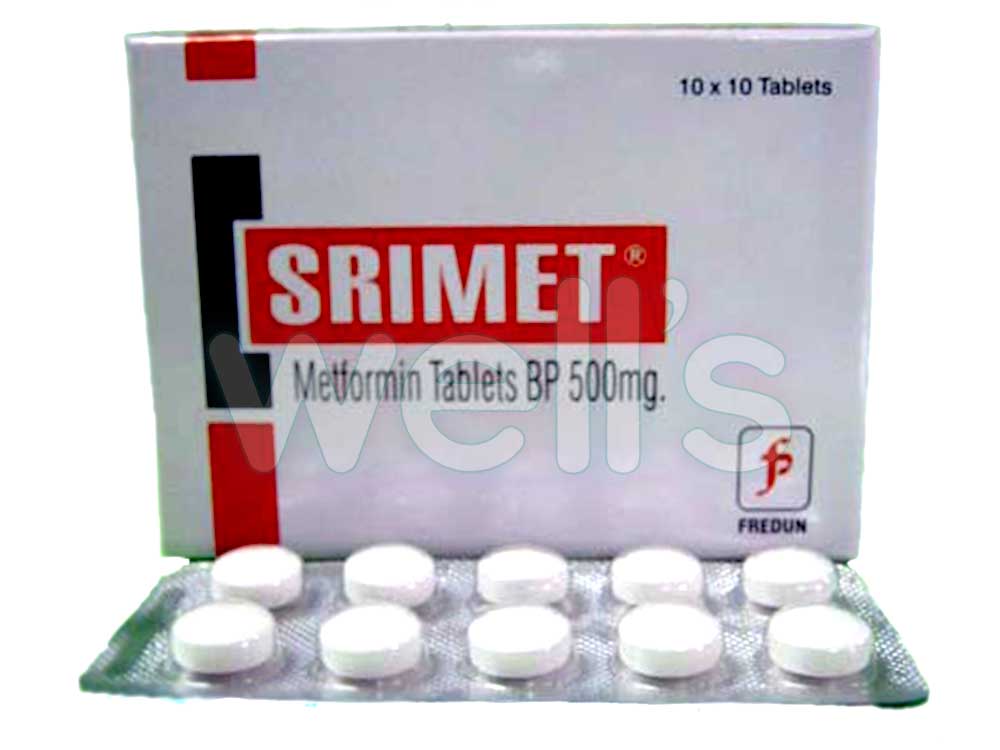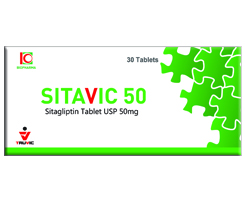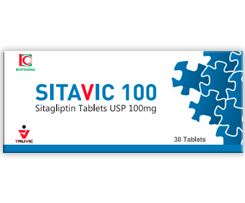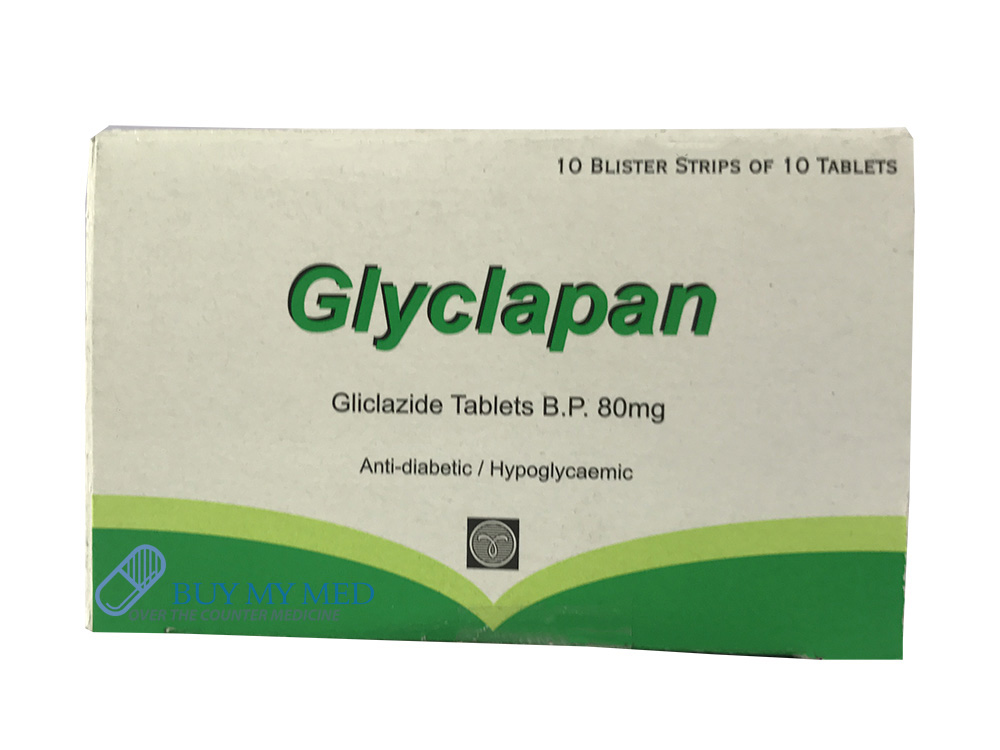
Glyclapan 80mg
Rs. 12.59
|
Unit : 1 |
Brand : NULL |
| Age group : NULL |
Location:
NULL
Material:
NULL
Item Details
| Drug Form: | NULL |
|---|---|
| Storage Temperature: | NULL |
| Administration Method: | NULL |
| Presentation: | NULL |
Generic Details: Gliclazide
| Generic Name: | Gliclazide View Generic Items |
|---|---|
| Main Drug Group: | first-generation sulfonylurea |
| Contra Indication: | Hypersensitivity to the active substance or to any of the excipients, other sulphonylureas, sulphonamides, • Type I diabetes, • Diabetic coma and pre-coma, diabetic keto-acidosis, • Severe infection, stress, trauma, surgical procedures or other severe conditions where the drug is unlikely to control the hyperglycaemia. • Severe renal or hepatic insufficiency: in these cases the use of insulin is recommended, • Lactation (see section 4.6), • Treatment with Miconazole (see section 4.5) • Gliclazide should, where possible, be avoided in porphyria. • Patients with rare hereditory problems of galactose intolerance, the Lapp lactase deficiency or glucose-galactose malabsorption should not take this medicine. |
| Precaution: | Hypoglycaemia: This treatment should be prescribed only if the patient is likely to have a regular food intake (including breakfast). It is important to have a regular carbohydrate intake due to the increased risk of hypoglycaemia if a meal is taken late, if an inadequate amount of food is consumed or if the food is low in carbohydrate. Hypoglycaemia is more likely to occur during low-calorie diets, following prolonged or strenuous exercise, alcohol intake or if a combination of hypoglycaemic agents is being used. Hypoglycaemia may occur following administration of sulfonylureas (see section 4.8). Some cases may be severe and prolonged. Hospitalisation may be necessary and glucose administration may need to be continued for several days. Careful selection of patients, of the dose used, and clear patient directions are necessary to reduce the risk of hypoglycaemic episodes. Factors which increase the risk of hypoglycaemia: • patient refuses or (particularly in elderly subjects) is unable to co-operate, • malnutrition, irregular mealtimes, skipping meals, periods of fasting or dietary changes, • imbalance between physical exercise and carbohydrate intake, • renal insufficiency, • severe hepatic insufficiency, • overdose of Gliclazide 80 mg Tablets, • certain endocrine disorders: thyroid disorders, hypopituitarism and adrenal • insufficiency, • concomitant administration of certain other medicines (see section 4.5). Renal and hepatic insufficiency: the pharmacokinetics and/or pharmacodynamics of gliclazide may be altered in patients with hepatic insufficiency or severe renal failure. A hypoglycaemic episode occurring in these patients may be prolonged, so appropriate management should be initiated. Patient information: the risks of hypoglycaemia, together with its symptoms (see section 4.8), treatment, and conditions that predispose to its development, should be explained to the patient and to family members. The patient should be informed of the importance of following dietary advice, of taking regular exercise, and of regular monitoring of blood glucose levels. Poor blood glucose control: blood glucose control in a patient receiving antidiabetic treatment may be affected by any of the following: St. John's Wort (Hypericum perforatum) preparations (see section 4.5), fever, trauma, infection or surgical intervention. In some cases, it may be necessary to administer insulin. The hypoglycaemic efficacy of any oral antidiabetic agent, including gliclazide, is attenuated over time in many patients: this may be due to progression in the severity of the diabetes, or to a reduced response to treatment. This phenomenon is known as secondary failure which is distinct from primary failure, when an active substance is ineffective as first-line treatment. Adequate dose adjustment and dietary compliance should be considered before classifying the patient as secondary failure. Dysglycaemia: Disturbances in blood glucose, including hypoglycaemia and hyperglycaemia have been reported, in diabetic patients receiving concomitant treatment with fluoroquinolones, especially in elderly patients. Indeed, carefull monitoring of blood glucose is recommended in all patients receiving at the same time Gliclazide 80 mg and a fluoroquinolone. Laboratory tests: Measurement of glycated haemoglobin levels (or fasting venous plasma glucose) is recommended in assessing blood glucose control. Blood glucose self-monitoring may also be useful. Patients with rare hereditary problems of galactose intolerance, the Lapp lactase deficiency or glucose-galactose malabsorption should not take this medicine. Treatment of patients with G6PD-deficiency with sulfonylurea agents can lead to haemolytic anaemia. Since gliclazide belongs to the class of sulfonylurea agents, caution should be used in patients with G6PD-deficiency and a non-sulfonylurea alternative should be considered. Porphyric patients: Cases of acute porphyria have been described with some other sulfonylurea drugs, in patients who have porphyria. |
Features & Specifications
NULL



